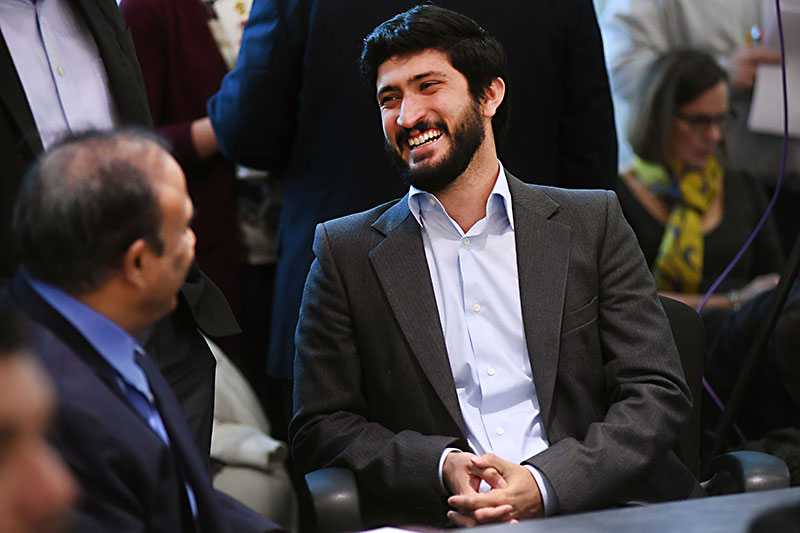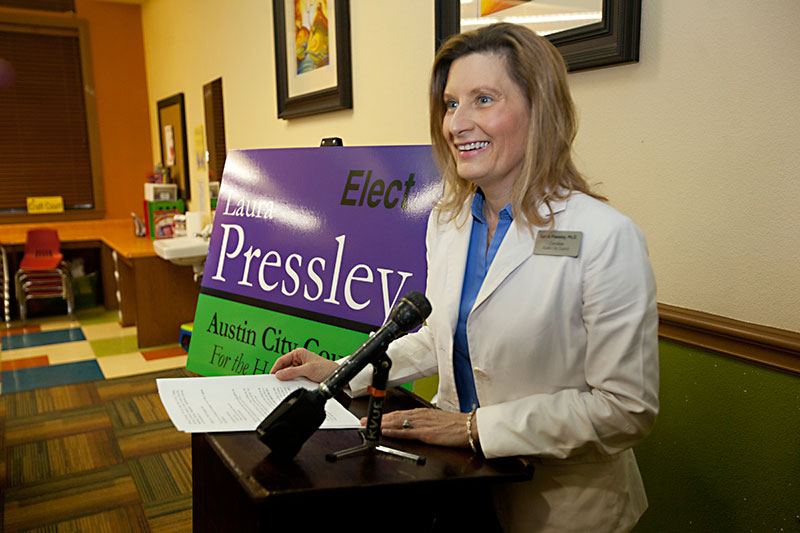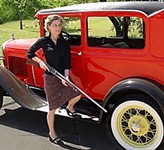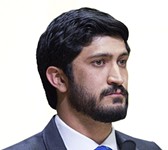The Never-Ending Election Contest
Pressley v. Casar still pending before Supreme Court
By Michael King, Fri., June 1, 2018
Almost lost in the mists of time, the 2014 City Council election inaugurated the first 10-1 (single-member district) Council, and among those initial members was District 4 representative Greg Casar. Casar was elected for a two-year term, and in 2016 was re-elected for a four-year term. But his 2014 run-off opponent – Laura Pressley – has yet to concede that 2014 election, and her thus far futile election contest, rejected by the state district court and 3rd Court of Appeals, is now awaiting a potential review at the Texas Supreme Court.
Pressley continues to contend that the 2014 election was illegally administered – both by the use of electronic voting machines that do not conform to her interpretation of state law, and because of unsubstantiated irregularities and alleged "crimes" by election officials – but the courts have thus far not only rejected her arguments, but issued cumulative financial sanctions for frivolous pleadings made in "bad faith."
It's not clear if or when the Supreme Court will agree to review or rule on Pressley's appeal – but thus far she's batting a perfect .000, and the briefs by Casar's attorneys ring all the possible changes on the word "moot." Nevertheless, Pressley's pleadings continue to accumulate, including not just petitions and counter-petitions by the lawyers, but a handful of amicus briefs, including not only an amateurish letter from the Libertarian Party of Texas in support of Pressley, but a brief from Attorney General Ken Paxton asking the court to take another look at the previously adjudicated issue of whether the eSlate machines used in Travis County elections adequately "number" ballots.
The most recent amicus submission is from the Texas Association of Counties, which argues (in support of Casar): "Allowing this moot contest to continue as a veiled attack on Texas election procedures will make it impossible for county election officials to properly carry out their duties in conducting elections." The brief recounts at length the procedural and legal history of the widespread Texas adoption of electronic voting machines, and concludes, "the Court should not accept Pressley's invitation to upset decades of well-established Texas election law."
Got something to say on the subject? Send a letter to the editor.














